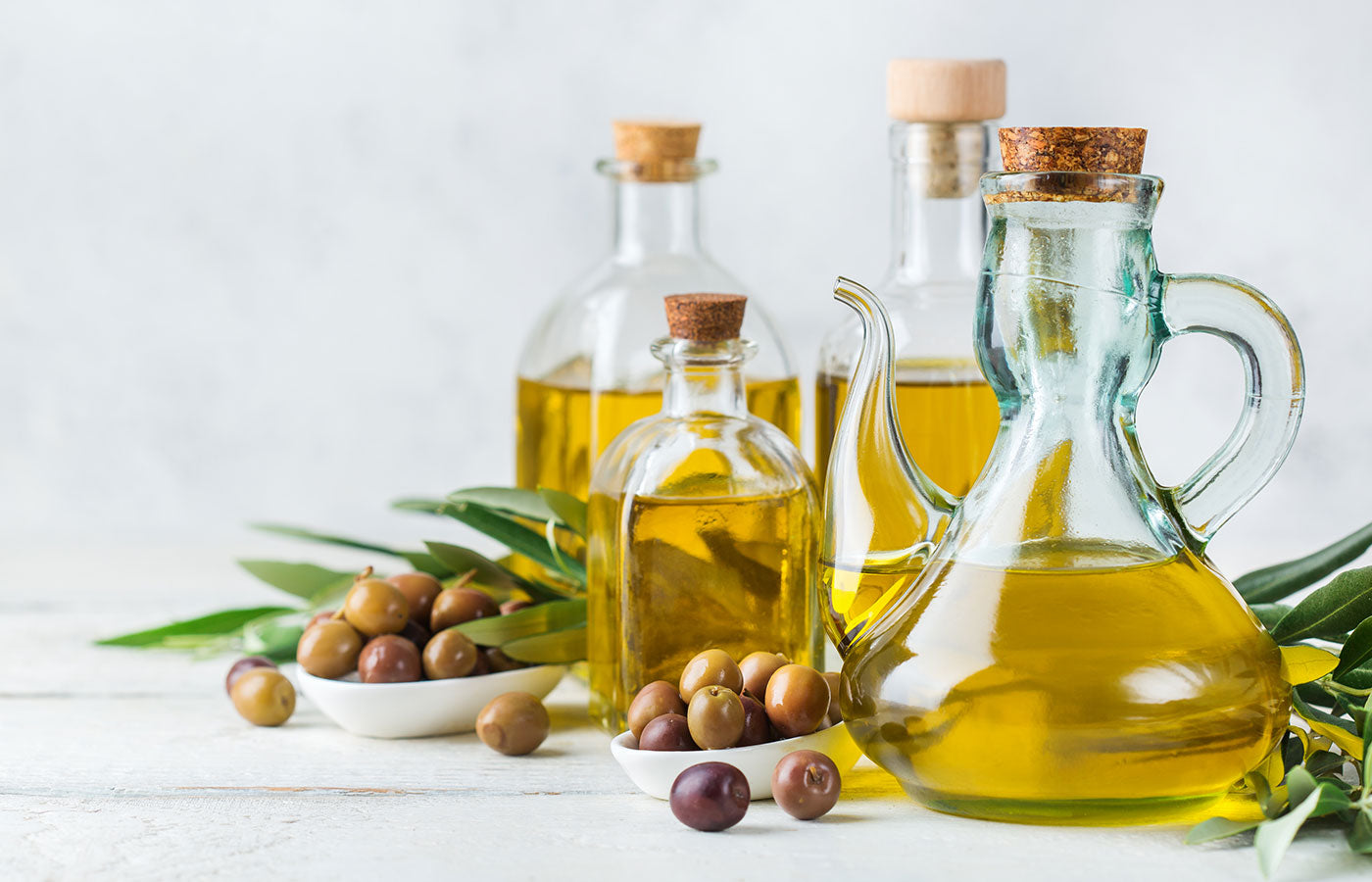Which oils are best for your health and which are best to avoid?
I’m often asked which oils are best for cooking with, yet oils often play a much bigger role in people’s diets without them realising. The vast majority of packaged, processed, frozen and deep-fried foods are laden with poor quality oils which you may be inadvertently consuming on a regular basis. Like foods in general, when it comes to oils, the closer to nature an oil comes, the more nourishment it can offer. Of course, it’s not quite as simple as that because oils also have a unique smoke point—that is, a temperature they can tolerate before they begin to oxidise, changing structure and releasing free radicals.
To help, here’s a guide on which oils are best to minimise or avoid and which are wiser to consume, including how best to serve them.
Oils to avoid
The oils to avoid fall under the blanket category of industrial seed oils. These include:
- canola (also known as rapeseed) oil
- soy oil
- sunflower oil
- safflower oil
- corn oil
- rice bran oil
- cottonseed oil
- peanut oil
Sometimes these oils are given the more vague term of ‘vegetable oil’ but this simply means it is one or more of these oils.
Food manufacturers typically use industrial seed oils in their products as they are much more cost effective than traditional oils. These oils are highly refined—often using chemicals, solvents and bleaches in the production process, or heating the oil to such a high degree that it damages the oil. Not only can these oils drive inflammation in the body, they can also contribute to insulin resistance. They are more prevalent than you may realise—commonly found in products such as mayonnaise, crackers, long life milks, salad dressings, confectionary, protein bars and so much more. Always check the ingredients list of a product and avoid or minimise anything that contains industrial seed oils. It’s also worth noting that many fast food, takeaway outlets and restaurants also cook with poor quality oils so check in with your favourite establishments and ask and/or keep your eating out to a minimum.
Oils to enjoy
Avocado oil has a mild, buttery flavour making it great as a dressing for salads or vegetables. And with one of the highest smoke points (around 255°C), it’s also a great oil to use for cooking. Avocado is a great source of antioxidants and monounsaturated fat which offers the body a host of heart health benefits.
Extra Virgin Olive oil is another mild (though can also be flavourful depending on the variety) oil full of monounsaturated fats that can be used for numerous purposes. It blends well with other herbs and vinegars to make a delicious vinaigrette and is good for cooking at lower temperatures (up to around 180°C). Extra virgin olive oil (the extra virgin means it is less refined than regular olive oil retaining more of its nutrients) is an excellent source of vitamins E and K, antioxidants and oleic acid which has anti-inflammatory properties.
Coconut oil has quite a strong flavour but is great in baking as a dairy free alternative to butter and is delicious with roast vegetables. It also has a relatively high smoke point (around 175°C) so can be good as a cooking oil, however, it may alter the flavour of some foods. Coconut oil is a source of whole food saturated fat and MCTs (medium chain triglycerides) which are can be an efficient energy source for the body. Coconut oil seems to increase some people’s blood levels of cholesterol when eaten daily, but not everyone’s. So if you decide to include it regularly, have a blood test done three months down the track to see how you respond.
Macadamia oil offers a mild buttery flavour and a relatively high smoke point (210°C) so it’s a good all-rounder (and another more mildly flavoured dairy free baking addition). Macadamias are high in monounsaturated fats, antioxidants and vitamin E.

